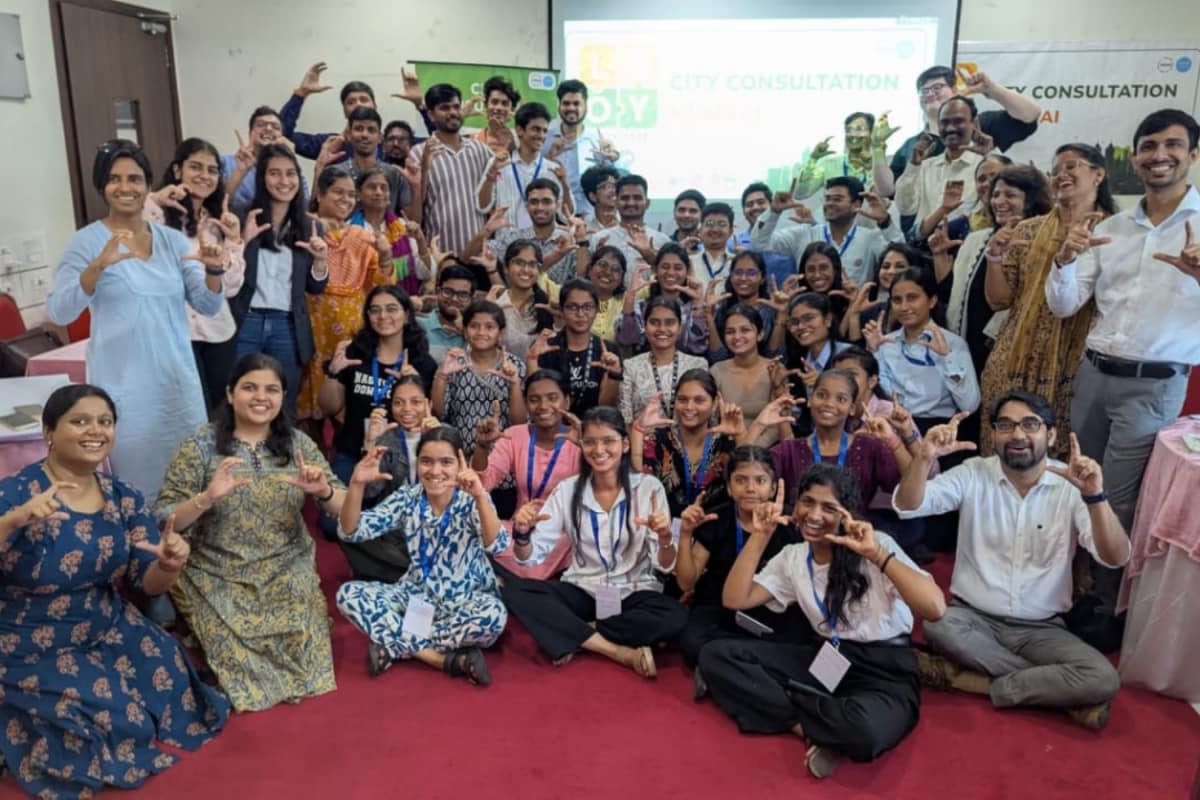

Young people in Mumbai are increasingly taking the lead in climate action, actively shaping the agenda for India's voice at the upcoming COP30 in Brazil. Their efforts include participating in consultations, developing policy recommendations, and advocating for sustainable solutions to local environmental challenges.
Local Conference of Youth (LCOY) India 2025
A key event showcasing this youth-led movement is the Local Conference of Youth (LCOY) India 2025 city consultation series. In Mumbai, approximately 45 participants aged 13 to 25 from across Maharashtra gathered to contribute to India's global climate agenda at COP30, scheduled for November in Brazil. The Indian Youth Climate Network (IYCN), in partnership with UNICEF India and Sattvic Soul Foundation (SSF), organized the session. The All India Institute of Local Self-Government office in Andheri hosted the day-long consultation, with support from local partners such as Agro Rangers, National Service Scheme, Pratyek's NineIsMine platform, Mazi Vasundhara, and the Maharashtra State Climate Action Cell.
These consultations aim to gather perspectives from participants across multiple cities to draft the Indian National Youth Statement, which will represent India's priorities and proposals at COP30. Participants in Mumbai engaged in participatory workshops and interactive sessions with local experts, co-developing policy recommendations based on local environmental challenges. Discussions focused on urban flooding, heat waves, biodiversity loss, water efficiency, urban resilience, and sustainable development, aligning solutions with Maharashtra's State Action Plan on Climate Change (SAPCC).
Pakhi Das, facilitator of LCOY Mumbai, emphasized that these consultations aim to elevate youth as critical agents of change in addressing the climate crisis. The inclusive and localized sessions focus on lived experiences, just transitions, urban resilience, nature-based solutions, and youth empowerment. Shreya Sahe, an intern with Mazi Vasundhara, highlighted Mumbai's vulnerabilities, stressing the need to prioritize sustainable mobility, efficient waste management, and biodiversity protection due to the city's dense population and rapid growth.
National Youth Statement
The Mumbai consultation is part of a broader series taking place in other cities like Hyderabad, Jaipur, Patna, and Guwahati. The recommendations from all consultations will be consolidated into India's National Youth Statement, contributing to the Global Youth Statement presented at COP30 under YOUNGO, the official youth constituency of the UNFCCC (The United Nations Framework Convention on Climate Change). Yusuf Kabir, a WASH-CCES (Water, Sanitation, and Hygiene - Climate Change and Environmental Sustainability) specialist and DRR (Disaster Risk Reduction) focal point at UNICEF Maharashtra, noted that integrating the Children's Climate Risk Index into social sector planning can enable evidence-based policies aligned with COP30 goals.
Youth-Led Climate Action in India
The youth climate movement in India is gaining momentum, with organizations like Youth for Climate India actively organizing climate strikes and discussions across the country. These groups also conduct workshops to build climate communication and advocacy skills among students and the poor, and run campaigns on various climate change issues. EARTH5R, a Mumbai-based socio-environmental organization, implements climate-action initiatives in 140 countries, engaging over 90,000 citizen volunteers. The Indian Youth Climate Network (IYCN) was founded in 2008 to ensure youth representation in international climate negotiations and empower Indian youth to take effective climate action.
While youth climate action in India is relatively new compared to the West, it is growing in scale and impact. Organizations like Maharashtra Youth for Climate Action (MYCA) provide platforms for young people to enhance their knowledge, create local networks, and voice their climate concerns. UNICEF's Youth-led Action against Climate Change Programme (YACC) supports young climate change advocates in influencing national and sub-national climate change-related policies.
These initiatives demonstrate a growing commitment among Mumbai's youth to address climate change and contribute to India's role in global climate action. By participating in consultations, advocating for policy changes, and implementing local solutions, they are setting the agenda for a sustainable future and ensuring that India's voice at COP30 reflects the priorities and concerns of its young people.